Music Production Tips for Beginners
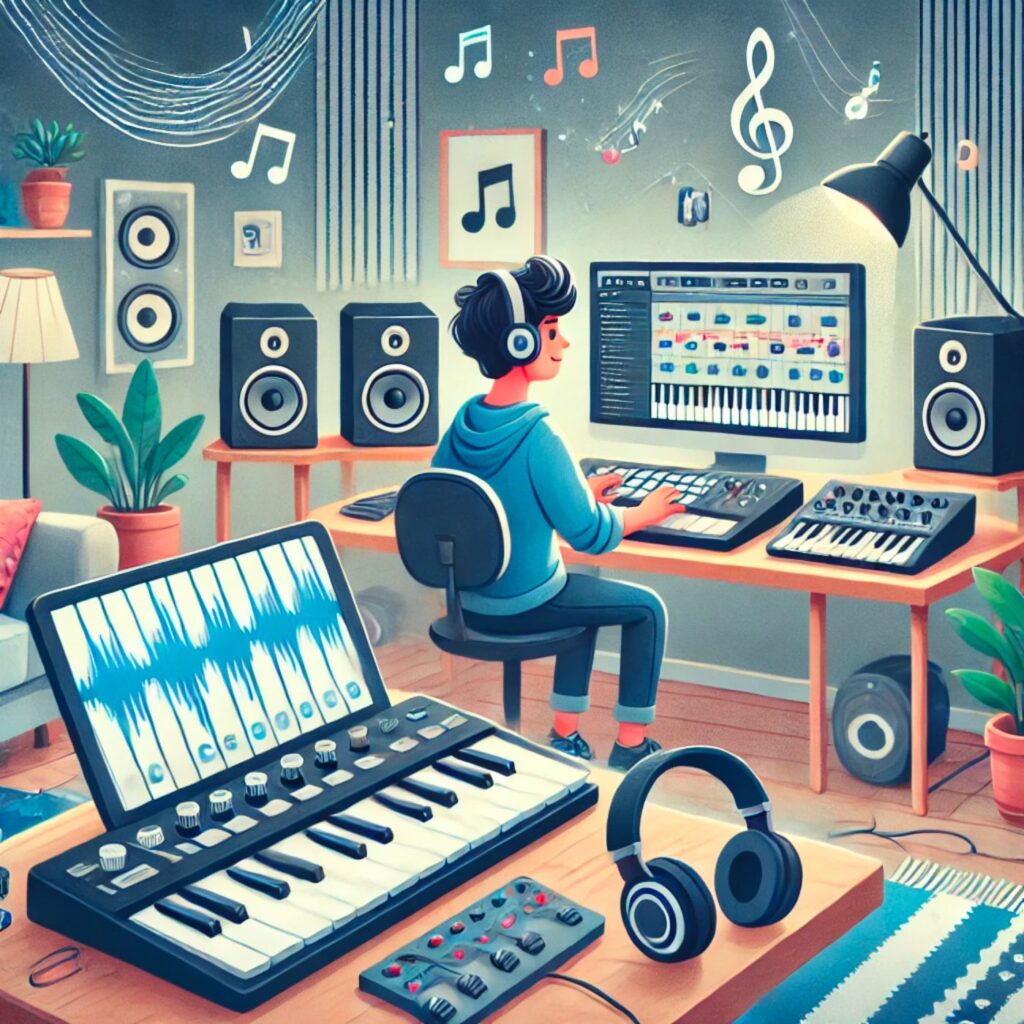
Making music can be super fun and exciting! Whether you want to create your own songs, make beats, or learn how music is made, getting started can feel a little confusing. There are so many tools and terms to learn, but don’t worry! If you take your time, practice, and keep learning, you’ll get better and better. Here are some simple tips to help you on your music-making journey.
1. Pick the Right Music Software (DAW)
A Digital Audio Workstation (DAW) is a computer program that helps you record, edit, and produce music. There are many different DAWs, and each one works a little differently. Some are better for beginners, while others are used by professionals. Most DAWs let you try them for free before buying, so you can test a few and see which one you like best. Here are some popular ones:
FL Studio
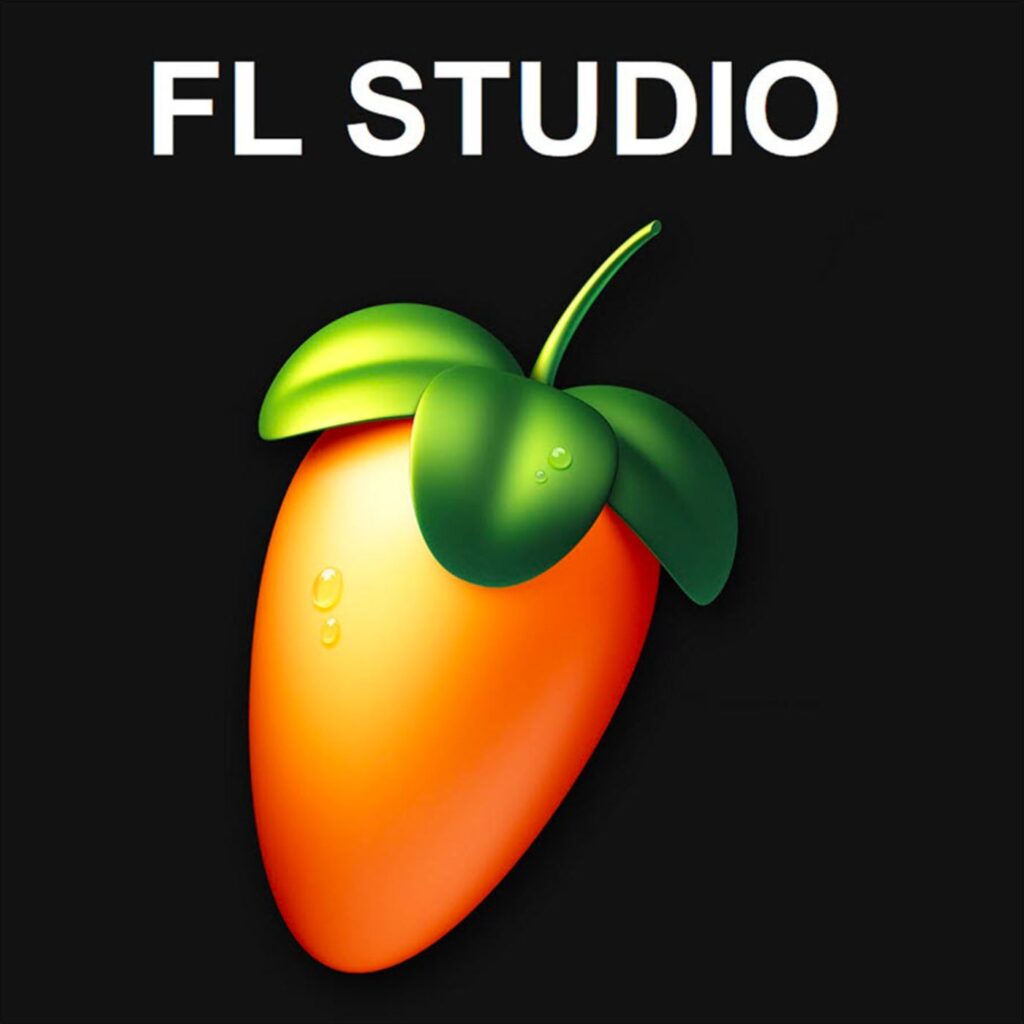
FL Studio is easy to use and great for beginners. It has a simple design and works well for making beats and electronic music. It also comes with lots of free updates, so you don’t have to worry about buying new versions. The software has a step sequencer, which helps you create melodies and rhythms quickly. It also has a great selection of built-in sounds, virtual instruments, and effects that make it easy to start creating music right away. Many famous producers started with FL Studio, so it’s a great choice if you want to make electronic or hip-hop music.
Ableton Live
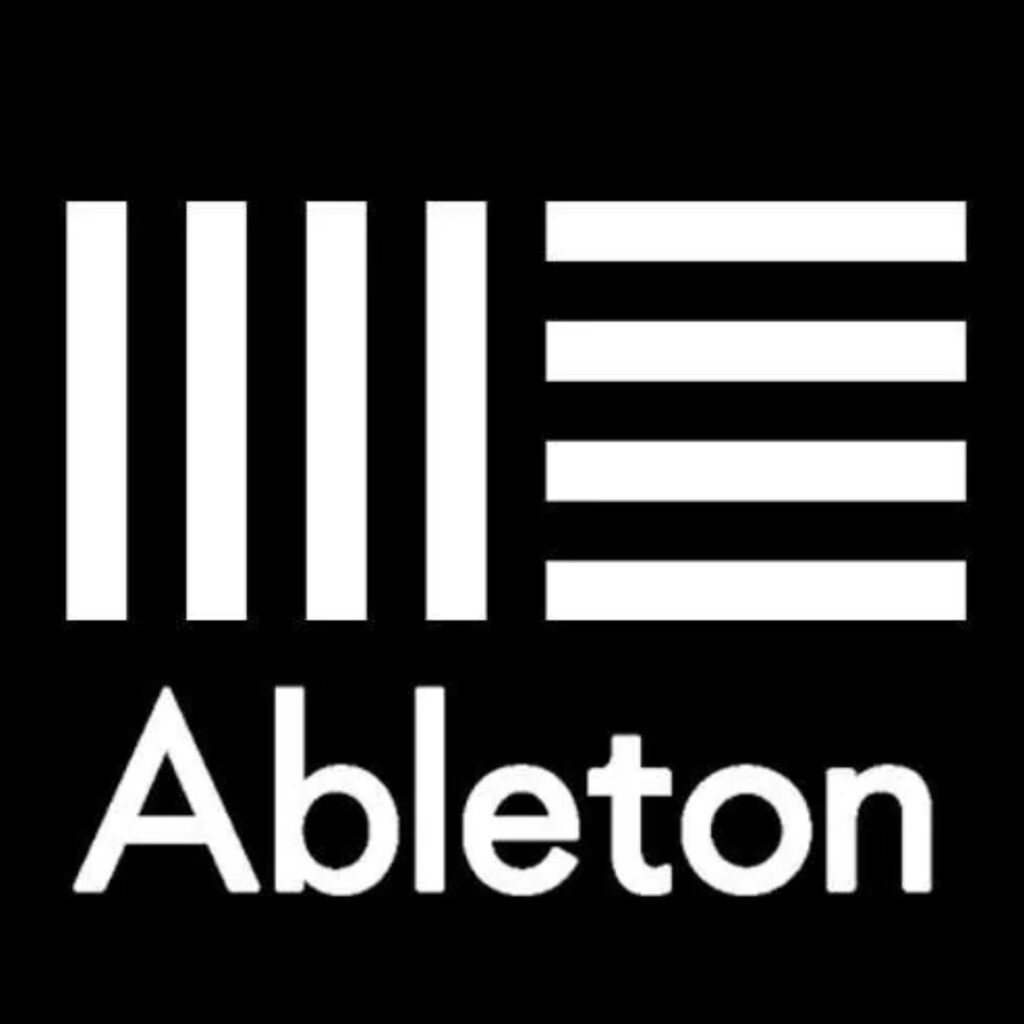
Ableton Live is popular with DJs and electronic music makers. It has a special feature called Session View that lets you play around with different sounds and loops without having to follow a strict timeline. This makes it great for live performances and remixing songs. It’s also excellent for arranging full songs, as you can easily switch between ideas and create different versions of your track. If you enjoy performing live and want a DAW that helps you create music on the spot, Ableton Live is a fantastic option.
Logic Pro
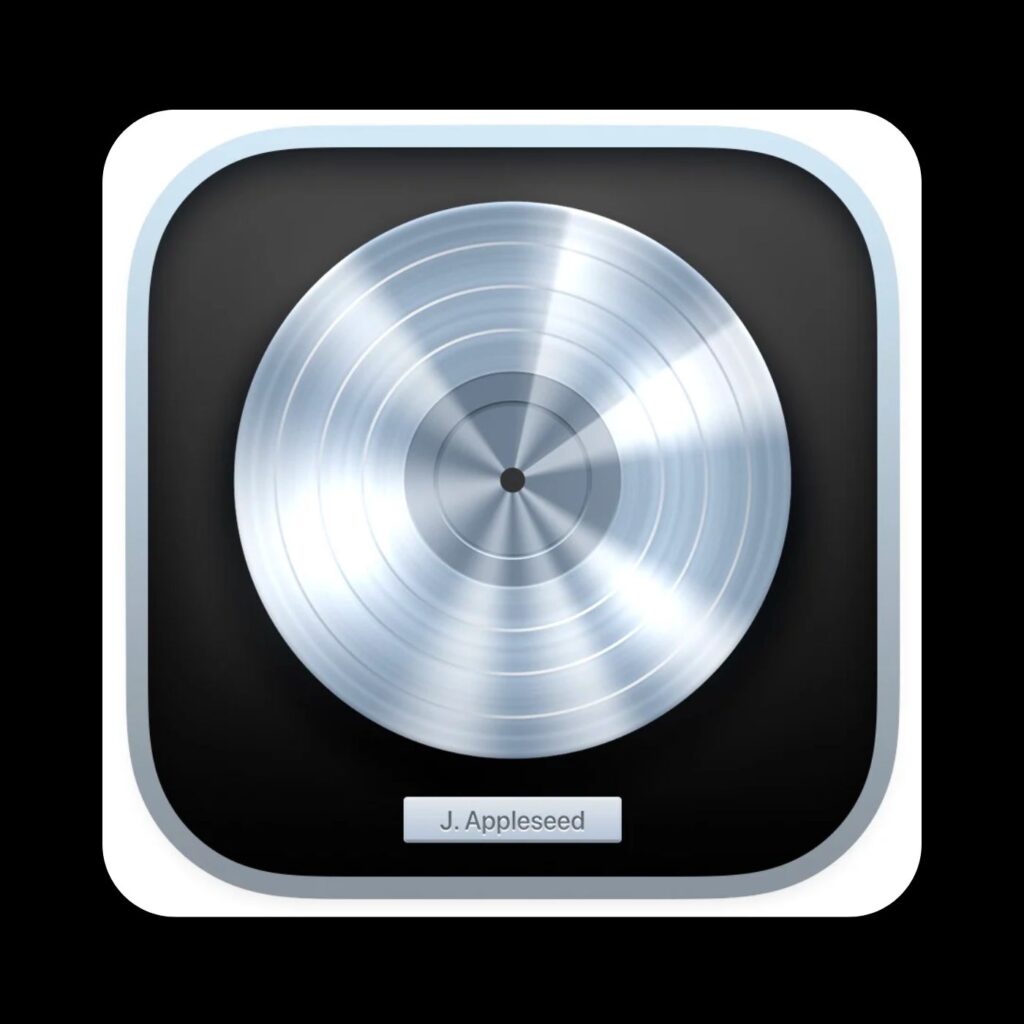
Logic Pro is only available for Mac users. It has a huge library of sounds, instruments, and tools to help you create professional-quality music. It’s great for songwriters and composers who want to record vocals and instruments. With powerful built-in plugins like Alchemy and Drummer, Logic Pro gives you access to studio-quality sound right out of the box. It’s also great for film scoring and orchestral music because of its advanced MIDI capabilities and notation tools.
Pro Tools
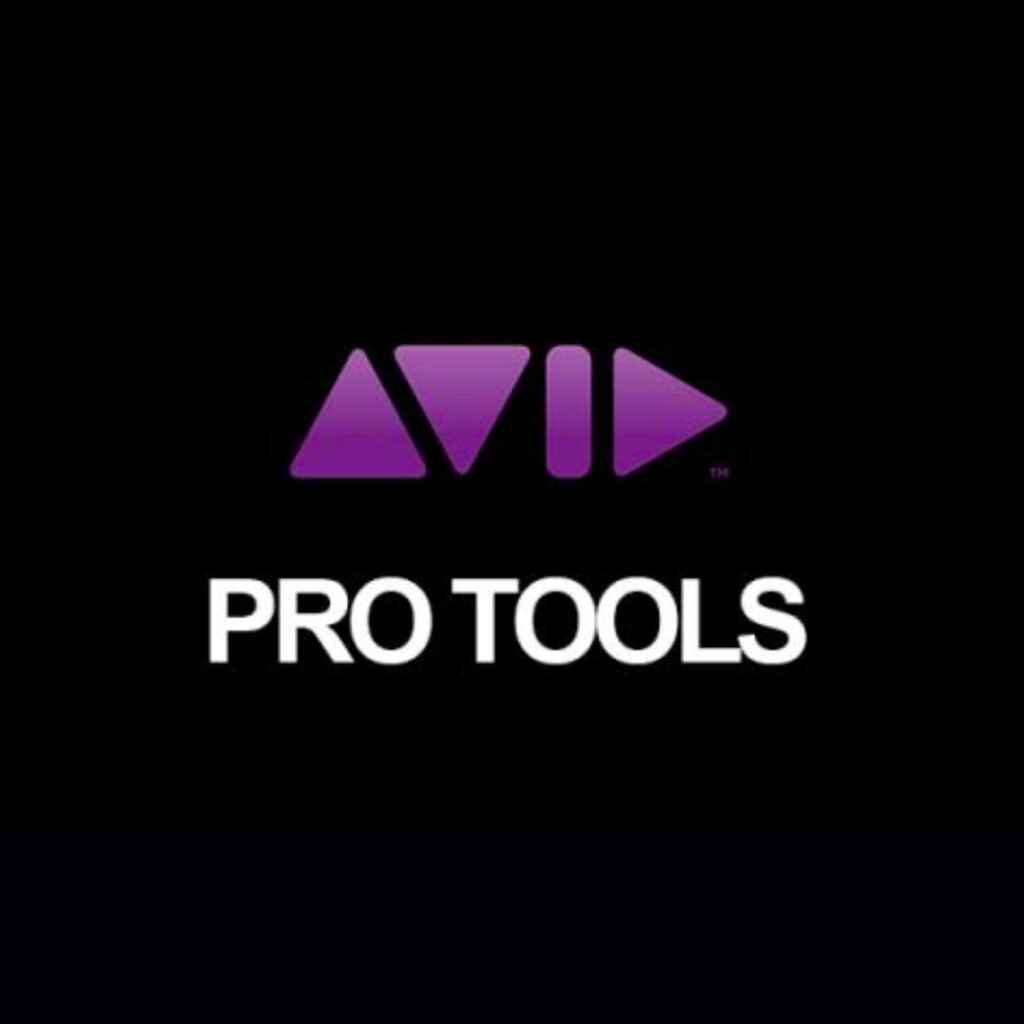
Pro Tools is used in professional recording studios. It’s great for working with live instruments and vocals. However, it’s a little harder to learn than other DAWs and might require extra hardware to get the best results. Many professional engineers and producers rely on Pro Tools for its high-quality recording and mixing capabilities. If you plan to work in a studio setting or want to mix and master music professionally, learning Pro Tools is a smart investment.
Other DAWs to Consider
Cubase – Great for recording and composing music, especially for film and TV.
Reaper – Very affordable and highly customizable, perfect for those who like to tweak their setup.
Studio One – Easy to use with helpful built-in tools, great for both beginners and pros.
GarageBand – A free option for Mac users that’s great for beginners and quick music creation.
Each DAW has its own special features, so pick the one that feels right for you! If you’re unsure, try a few free trials and see which one you enjoy working with the most.
2. Learn Some Music Basics
You don’t have to be a musical genius to make great songs, but knowing a little music theory can help. Learning about things like chords, scales, and rhythm will make your music sound better. There are lots of free apps, videos, and websites where you can learn these basics in a fun way. Understanding basic music structures, like how a verse and chorus work together, will also help you write songs that sound more professional. Even learning simple things like how to count beats in a measure or how different instruments blend together can make a big difference in your music.
3. Get the Right Gear (Without Spending Too Much!)
You don’t need a fancy studio to start making music, but having some good equipment can help:
-
A computer that can run your DAW without slowing down. The faster your computer, the smoother your production experience will be.
-
Studio headphones or speakers to hear your music clearly. Regular headphones can make your mix sound different than it actually is.
-
A MIDI keyboard (optional, but helpful for playing melodies and making beats). This makes composing music easier and more fun.
-
An audio interface if you want to record real instruments or vocals. This improves the sound quality of your recordings.
If you’re just starting out, don’t worry about buying expensive gear. You can always upgrade later! Many beginners make great music with just a laptop and a pair of headphones.
4. Learn How to Mix Your Songs
Mixing is how you balance different sounds in your song so everything sounds clear and professional. Here are some basic things to learn:
-
Volume levels – Make sure some sounds aren’t too loud or too quiet.
-
EQ (Equalization) – Adjusts the bass, mids, and treble to make sounds fit together better.
-
Panning – Moves sounds left and right to create space in your mix.
-
Reverb and effects – Add depth and atmosphere to your music.
Mixing takes practice, so don’t get frustrated if it doesn’t sound perfect at first! A well-mixed song can make all the difference in how professional your music sounds.
5. Use Good-Quality Sounds
If you use bad-quality sounds, your music won’t sound as good. Look for high-quality drum samples, instrument sounds, and effects. There are free and paid sample packs online that can help make your music sound more professional. Many DAWs also have built-in sound libraries, so take time to explore them and find high-quality samples.
6. Stay Organized
Being organized will save you a lot of time! Label your tracks, color-code them in your DAW, and save different versions of your projects. You can also create templates for things you use often to make the process faster. A clutter-free workspace can also help you stay focused on making music rather than searching for files or adjusting settings.
7. Keep Practicing and Trying New Things
The best way to improve is to keep making music! Try different genres, experiment with new sounds, and don’t be afraid to make mistakes. Ask other people for feedback and listen to their advice. The more you practice, the better you’ll get at understanding what works and what doesn’t.
8. Watch Tutorials and Learn from the Pros
There are tons of free videos on YouTube and courses on sites like Udemy and Skillshare where professional producers share their tips. Watching how others make music can help you learn faster and discover new techniques you wouldn’t have thought of on your own.
9. Don’t Get Distracted by Too Many Plugins
It’s easy to get excited about new software and effects, but having too many can be overwhelming. Learn to use a few good tools really well instead of collecting a bunch of things you don’t understand. Mastering the basics will get you further than relying on fancy effects.
10. Have Fun and Be Creative!
Music production should be enjoyable. Don’t stress about being perfect—just have fun and let your creativity flow. Try new things, experiment with different sounds, and make music that you love!
By following these tips, you’ll be on your way to making awesome music. Keep learning, keep creating, and most importantly—enjoy the process!
